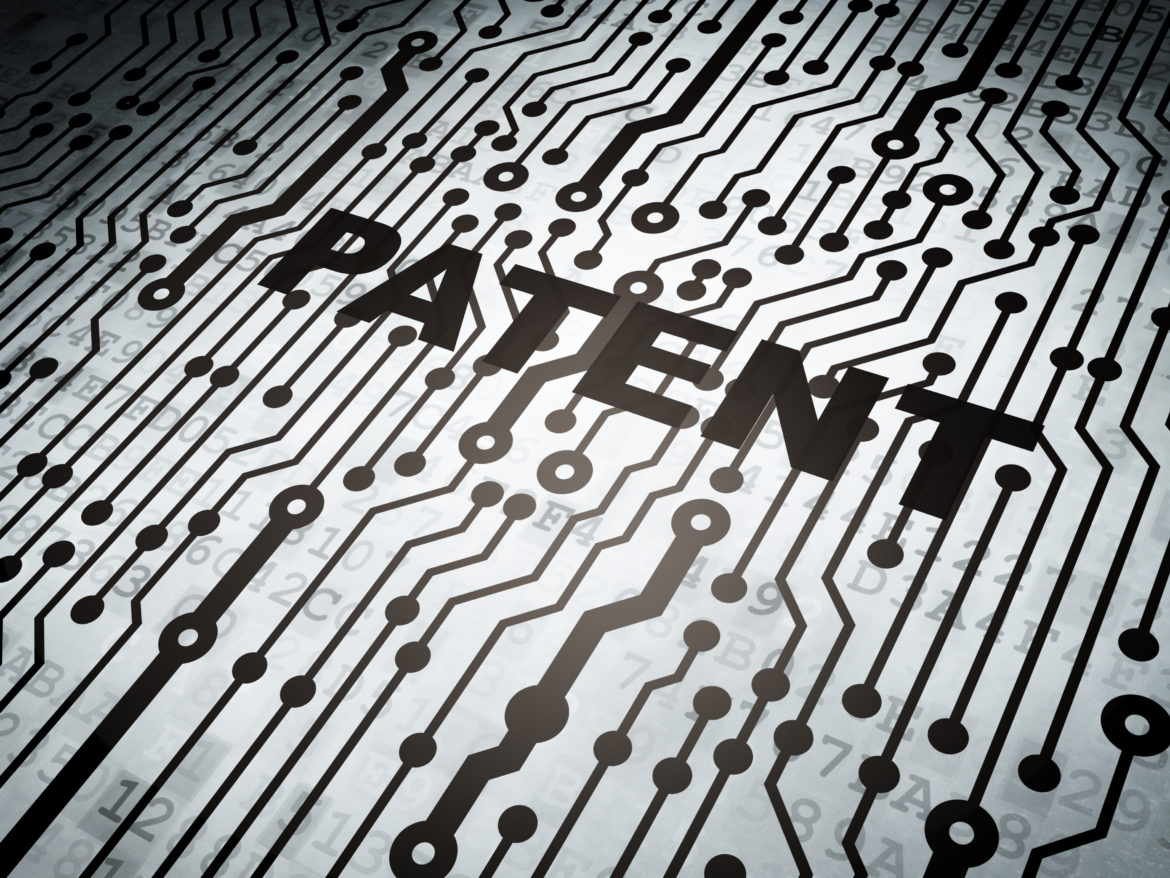
ADVANCED VIDEO TECHNOLOGIES LLC, v. HTC CORPORATION, HTC AMERICA, INC., BLACKBERRY LTD, BLACKBERRY CORPORATION, MOTOROLA MOBILITY LLC, Defendants-Appellees
Federal Circuit law requires that all owners of a patent must be parties to an infringement action. In this case, the Court determined that Ms. Hsuin was a co-inventor of US Patent No. 5,781,788 and that the terms of an employment agreement were ineffective to transfer her interests to the Appellant. The Court affirmed the district court’s dismissal of the case due to plaintiff’s lack of standing.
Judge Reyna, writing for the majority, examined the terms of an Employment Agreement between Infochips and Ms. Hsuin. A successor entity to Infochips, AVC, filed the parent application of the ‘788 Patent. According to the majority, Ms. Hsuin “refused to assign her interests” to AVC. Appellant obtained rights in the ‘788 Patent from AVC by transfer from a receiver for the assets of AVC.
The majority determined that language in Ms. Hsuin’s Employment Agreement promising that she “will assign” her rights “does not create an immediate assignment” of her rights in the invention. The Employment Agreement also stated that Ms. Hsuin “will hold in trust” her rights for the benefit of her employer. The majority reasoned that these interests were never transferred out of trust in favor of Infochips. Further, “[u]nder California trust law a trust beneficiary “generally is not the real party in interest,” “may not sue in the name of the trust,” and “has no legal title or ownership interest in the trust assets.” In a footnote, Judge Reyna explained why Fed. R. Civ. P. 19 does not permit involuntary joinder of Ms. Hsuin.
Ms. Hsuin quitclaimed her interest to Infochips under the terms of the Employment Agreement. The quitclaim provision waived Ms. Hsuin’s rights to interests in any patent rights that she “assigned hereunder.” The majority reasoned that since “no patent rights were ever assigned to Infochips, the quitclaim provision has no application.”
Judge O’Malley concurred, but stated “that the binding precedent which serves as the predicate for today’s majority opinion is wrong.” Judge O’Malley reviewed the caselaw upon which the Federal Circuit has based is precedent preventing a non-consenting co-owner or co-inventor from being involuntarily joined in an infringement action pursuant to Rule 19 of the Federal Rules of Civil Procedure. Judge O’Malley called for the Court to reconsider en banc its prior application of Rule 19.
Judge Newman argued in her dissent that the Employment Agreement effected a transfer of Ms. Hsuin’s rights in the ‘788 Patent. Judge Newman pointed out that the PTO accepted the Employment Agreement as an assignment, to which Ms. Hsuin did not object. Further, Ms. Hsuin had never asserted any ownership interest in the ‘788 Patent. The dissenting opinion also pointed to language in the Employment Agreement indicating that if Ms. Hsuin’s signature is unobtainable “the Company may act in her stead.”
Judge Newman also disagreed with the majority’s conclusion “that it is necessary for the beneficiary to sue the trustee in order to obtain the benefit of the trust. No supporting authority is cited, or relates to these facts.” She interpreted California trust law to find that Appellant, as the beneficiary of any trust, is the real party in interest, not Ms. Hsuin, the trustee.
“A quitclaim does not require that the property was already assigned, for in such case no quitclaim would be needed. However, the quitclaim does require that ‘any and all claims’ that may ‘now or hereafter’ exist, are ‘assigned hereunder to the Company.’ This provision further renders impossible that Ms. Hsuin now owns one-third of the ’788 Patent, for any such ownership was quitclaimed to the employer.”
Judge Newman examined other provisions of the Employment Agreement and found it to be “inconceivable that the parties intended that unless a separate assignment document was signed as to each and every aspect of the employee’s work product, the provisions of the Employment Agreement would not apply.” She cited provisions of California law indicating that a contract must be interpreted so as to make it operative and effective, if that can be done without violating the parties’ intent. In the dissent’s view, the parties’ clear intent was for the employer to own the patent rights. She also noted that the receiver assigned the ‘788 Patent to the Appellant and that the assignment was never challenged.
Finally, Judge Newman distinguished prior Federal Circuit precedent regarding patent assignments from the language of Ms. Hsuin’s Employment Agreement. In particular, she distinguished Ethicon Inc. v. U.S. Surgical Corp., 135 F.3d 1456 (Fed. Cir. 1998), and Arachnid, Inc. v. Merit Industries, Inc., 939 F.2d 1574 (Fed. Cir. 1991).
Read more: Federal Bar member attorneys may access the full case summary by Barnwell Whaley attorney Bill Killough in the February issue of Federal Circuit Case Digest.
Additionally, you may read the full opinion here.
Image: Google patents
 B.C. “Bill” Killough is a registered patent attorney with Barnwell Whaley law firm with offices in Charleston, SC and Wilmington, NC. On behalf of his clients, Bill has obtained more than 300 United States patents, participated in prosecuting more than 100 foreign patent applications and he has filed more than 1000 trademark applications with the US Patent and Trademark Offices.
B.C. “Bill” Killough is a registered patent attorney with Barnwell Whaley law firm with offices in Charleston, SC and Wilmington, NC. On behalf of his clients, Bill has obtained more than 300 United States patents, participated in prosecuting more than 100 foreign patent applications and he has filed more than 1000 trademark applications with the US Patent and Trademark Offices.




